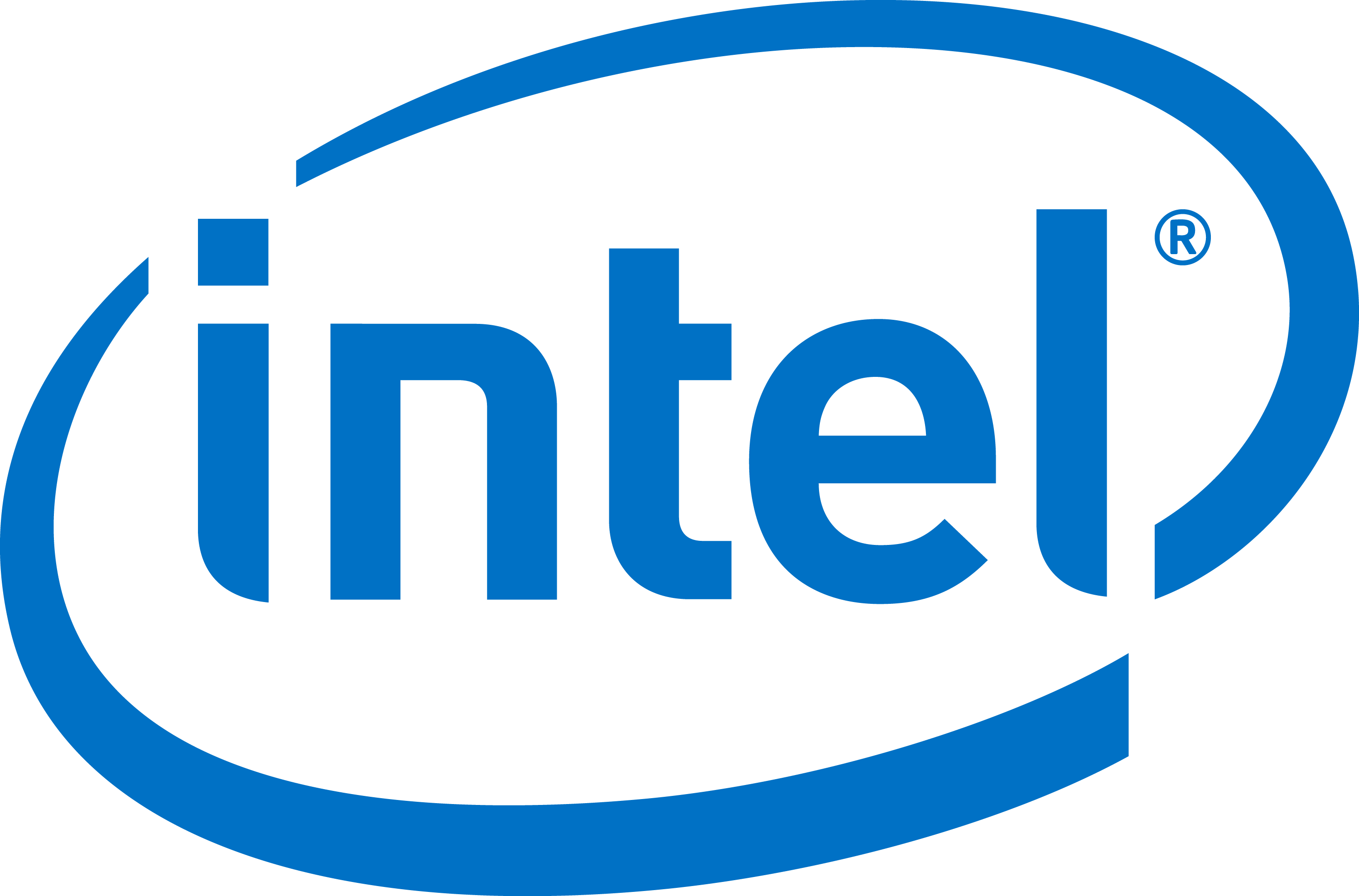Competitions1. 2017 Looking at People CVPR/IJCNN Coopetition
Title:ChaLearn Job Candidate Screening Coopetition @CVPR17 and @IJCNN17 Organizers:Sergio Escalera (University of Barcelona, Spain), Hugo Jair Escalante (INAOE, Mexico), Xavier Baró (Universitat Oberta de Catalunya & Computer Vision Center, Barcelona, Spain), Isabelle Guyon (University Paris- Saclay, France and ChaLearn USA), Meysam Madadi (Universitat de Barcelona and Computer Vision Center, Spain), Stephane Ayache, Julio Jacques (Universitat de Barcelona and Computer Vision Center, Spain), Umut Guclu (Rad- boud University, Netherlands), Yagmur Gucluturk (Radboud University, Netherlands), Marcel van Gerven (Radboud University, Netherlands), and Rob van Lier (Radboud University, Netherlands). Aims and Scope:Research progress in computer vision and pattern recognition has lead to a variety of modeling techniques with (almost) human-like performance in a variety of tasks. A clear example of this type of models are neural networks, whose deep variants dominate the arena of computer vision among other fields. Although this type of models have obtained astounding results in a variety of tasks they are limited in their explainability and interpretability. We are organizing a workshop and a competition on explainable computer vision systems. We aim to compile the latest efforts and research advances from the scientific community in enhancing traditional computer vision and pattern recognition algorithms with explainability capabilities at both the learning and decision stages. Details: Candidate screening coopetition:This proposed challenge is part of a larger project on speed interviews. The overall goal of the project is help both recruiters and job candidates using automatic recommendations based on multi-media CVs. As a first step, we organized in 2016 two rounds of a challenge on detecting personality traits from short videos, for the ECCV 2016 conference (May 15, 2016 to July 1st 2016), and the ICPR 2016 conference (June 30 2016 to 16 August 2016). This second round evaluated using the same data a coopetition setting (mixture of collaboration and competition) in which participants shared code. Both rounds revealed the feasibility of the task (AUC 0.85) and the dominance of deep learning methods. These challenges have been very successful, attracting in total 100 participants. We propose for the competition programmers of IJCNN17 and CVPR 2017 a new edition of the challenge with the more ambitious goals to:
We will be using the same dataset, but with new annotations never used before about inviting the candidates for a job interview. For the quantitative task, the problem will be cast as a regression task (predict a continuous invite-for-interview score variable). For the qualitative task, a jury will decide whether the method developed proposes clear and useful explanations of recommendations. In this new stage of the first impressions challenge, we are going several steps further:
Details:Please see http://chalearnlap.cvc.uab.es/challenge/23/description/.
2. The AIML Contest:
|








